Movie Review – Children of Men
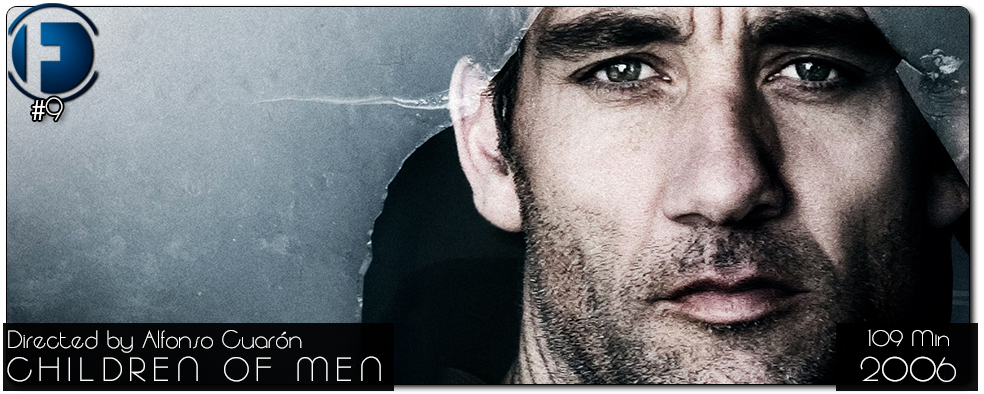
Cast : Clive Owen, Julianne Moore, Michael Caine, Chiwetel Ejifor, Charlie Hunnam, Claire-Hope Ashitey, Pam Ferris, Peter Mullan, Danny Huston, Oana Pellea, Miriam Karlin, Jacek Koman, Ed Westwick.
Synopsis: When all the women on Earth lose the ability to conceive children, the world is plunged into a chaotic, apocalyptic mess. But an underground resistance has discovered that one woman, the first in 18 years, and they conceive of a desperate plan to get her safely out of the country (Britain) and into the hands of a group known as the Human Project, who will endeavour to replicate, and thus repopulate, the human species.
***********
In the near future, women are infertile. No children have been born in 18 years. Humanity faces the perilous concept that it is finally about to become extinct. No doubt science has tried everything, but for some reason, conception amongst humans is impossible. As a concept, this is most certainly intriguing. Having heard others talk about the films action scenes and extended one-shot takes, I slipped the DVD into my player and awaited the onslaught of action and thrills. Okay, there’s a little bit of action, and certainly some thrills, but not in the classic movie sense.
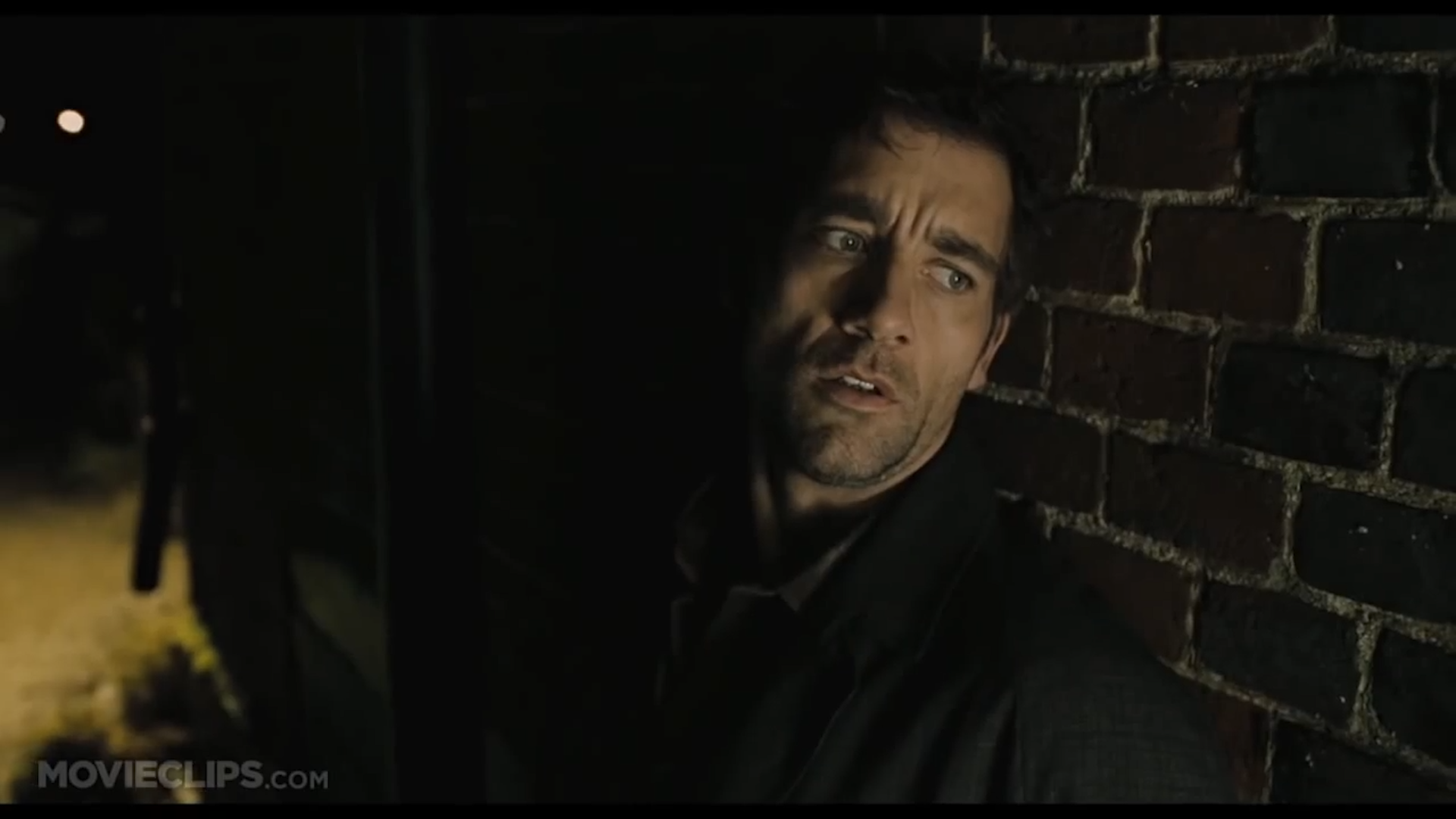
Children Of Men manages to do something your cloned sci-fi thrillers normally do not: make you think. What would life be like if there were no children? No sense of hope in humanity’s existence upon this planet. Forgetting the religious implications for a moment (and there are plenty of those scattered throughout the film, if you look carefully) there’s an emotional clarity that pervades the film throughout, in that without the opportunity to have a future, your world quickly collapses into chaos and dystopia. That’s not to say it would happen exactly like it is portrayed in this film, but one has to wonder how quickly society would break down and anarchy would kick in if this actually happened.
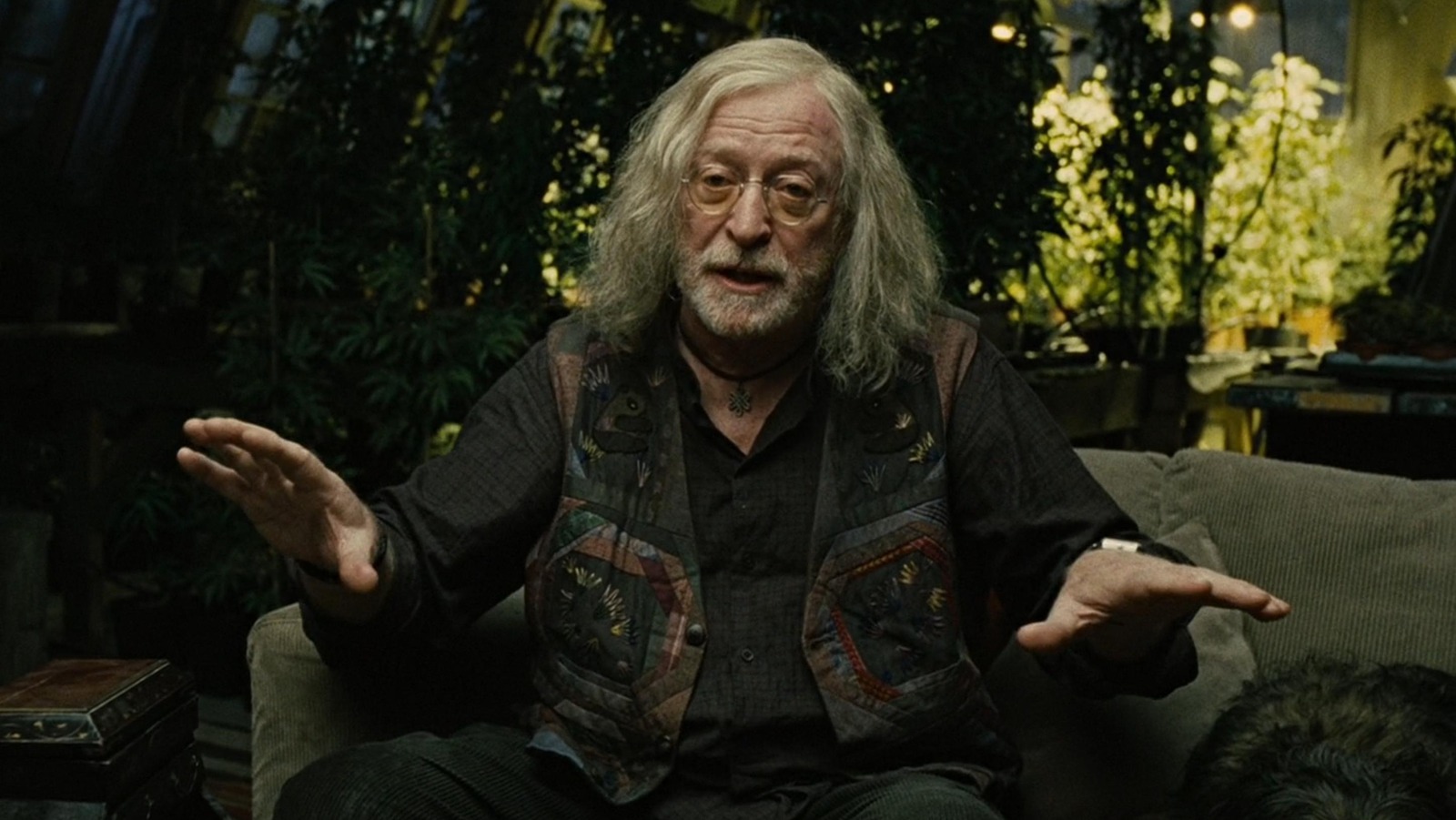
Our film begins with a news report on the death of the youngest person on the planet, an 18 year old lad who apparently became embroiled in a brawl (and got himself stabbed) after refusing to sign an autograph. Our central character, Clive Owen’s embittered Theo Faron, gets himself a drink at a café, walks out to the sounds of people sobbing at the news of the boys death, and then narrowly misses an explosion that rocks the street. Of course, things aren’t always as they seem in this future world, and although the story evolves slowly (often at Steven Soderberg languidity) the script and dialogue is razor sharp and always explanatory, even if you don’t understand what’s going on, events later in the film make things clear as you keep watching.

Children Of Men is by no means a cheery, uplifting examination of mankind’s ability to rise above destitution and societal decay; rather, the film is actually rather depressing to watch. The breakdown of society on film is a rather clichéd device within sci-fi films, often used to serve the story, and even more often just to create a story for the sake of itself. Children Of Men is as realistic in it’s depiction as possible, even if the odd genre licence is used sparingly. The film is shot in muted, grey tones, with little or no sunshine at any stage through the film. This colour palette, coupled with the dramatic weight of what is essentially apocalyptic themes throughout the film, makes watching it extremely difficult; the squalor and depressive nature of the film begins to weigh you down.
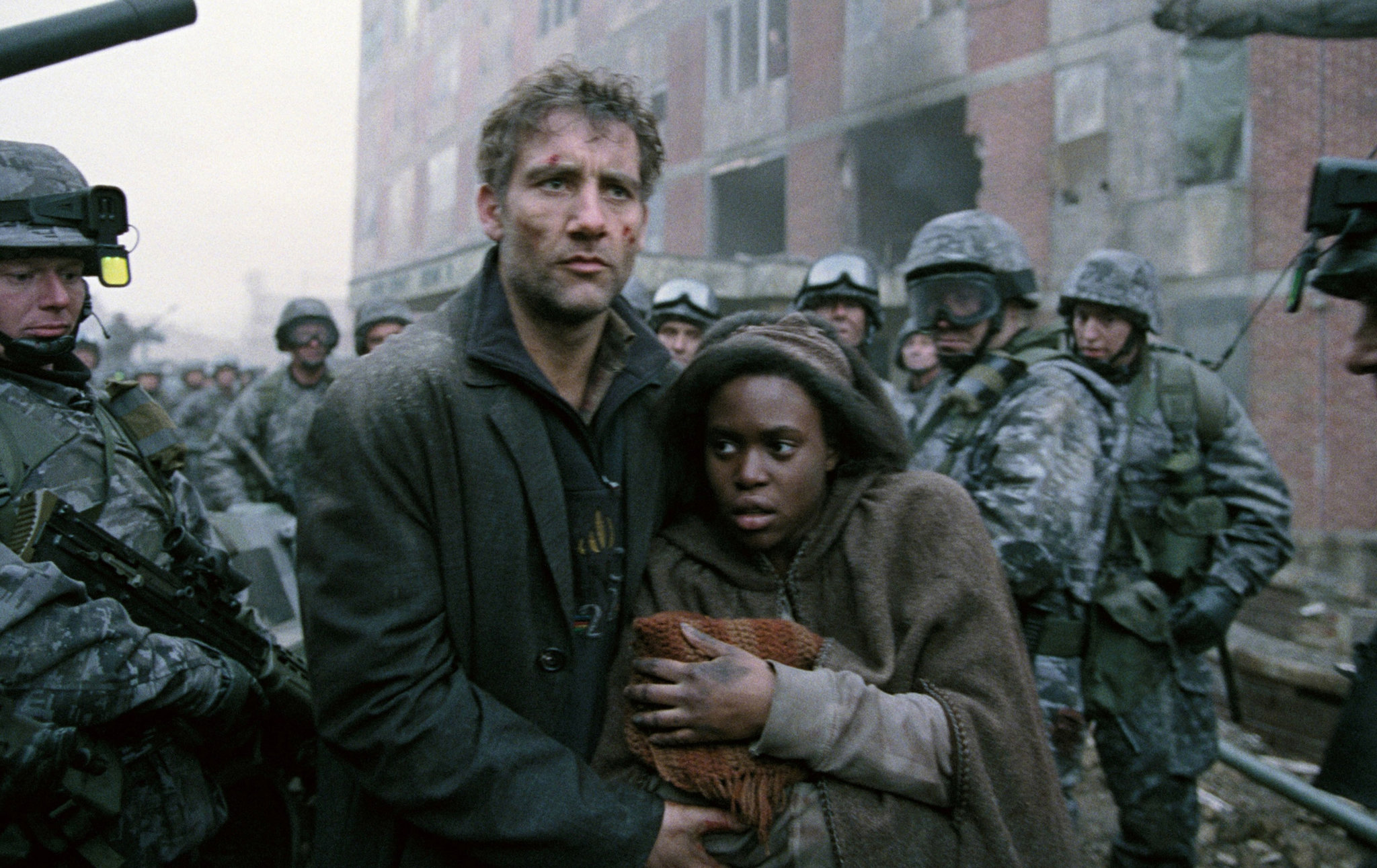
There is one shining light, however, in this entire affair. Theo, after being given an assignment by his ex-wife, meets up with a young pregnant black woman, and is asked to take her to safety outside of Britain. Two points: the fact that the film focuses on a young pregnant black woman, rather than the traditional populist white, thin, attractive girl, is absurdly surprising and effective; secondly, escaping Britain under what is essentially a totalitarian regime is harder than it sounds. Kee, the young woman in the delicate condition, is the miracle mankind has waited 18 years for, however, opposing forces from within the rebel group trying to protect her, as well as society in general, make her plight even more dire. Without explaining the characters in more depth (and thus giving away the major plot) it’s hard to convey the real passion and sense of hope conveyed by events that take place throughout the film. Kee is confused, foreign, and pregnant. But it’s both her and Theo’s desperation to achieve their mission that create what little light there is in this dark, dark film.
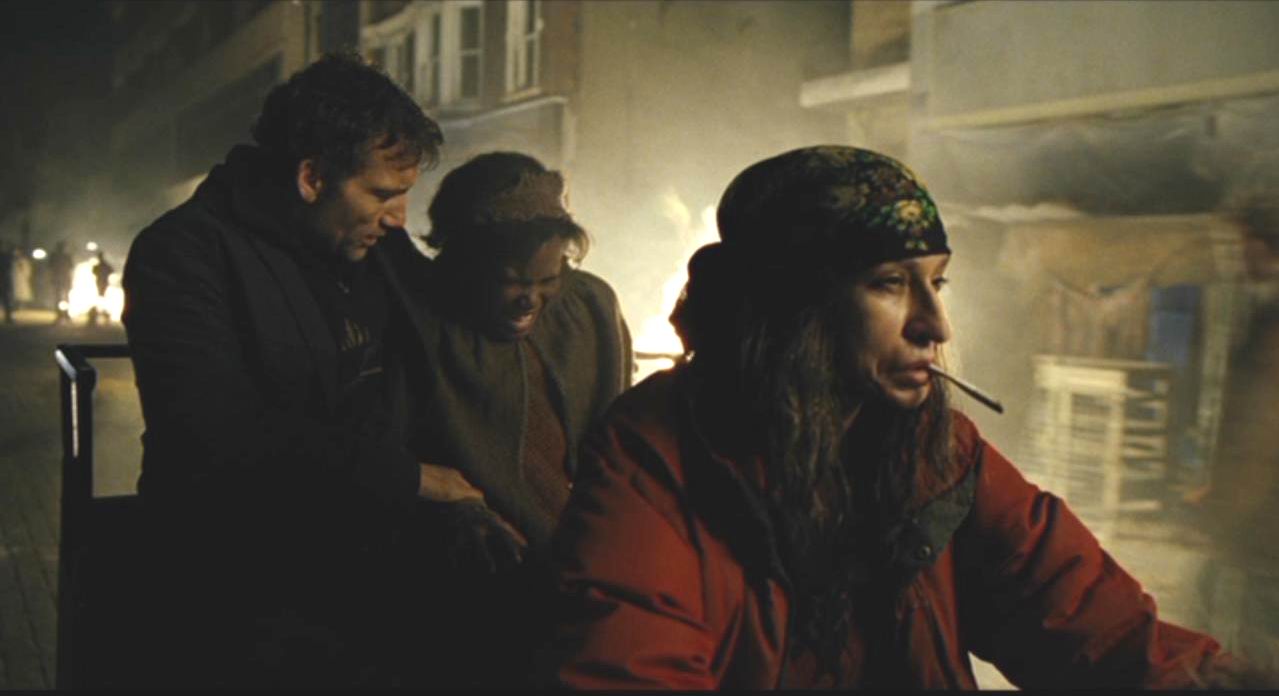
Story aside, it’s hard not to see all kinds of symbolism in this film: especially religious symbolism. At one point, Theo meets Kee in a barn, where she reveals her pregnancy to him, surrounded by cattle. This immediately makes one think of a young baby born into a manger at Christmas, surrounded by animals and a world that would both hate and revere him. Kee would represent the Mary-figure to her baby’s Jesus, perhaps with Theo representing Joseph. their flight out of Britain could be seen as a metaphor for Jesus’ parents flight from persecution in their own time. The desperate acts of people on both sides, who all believe they are right, is indicative of similar stories and events portrayed throughout New Testament teachings. Whether intentional or not, its certainly fascinating to watch.
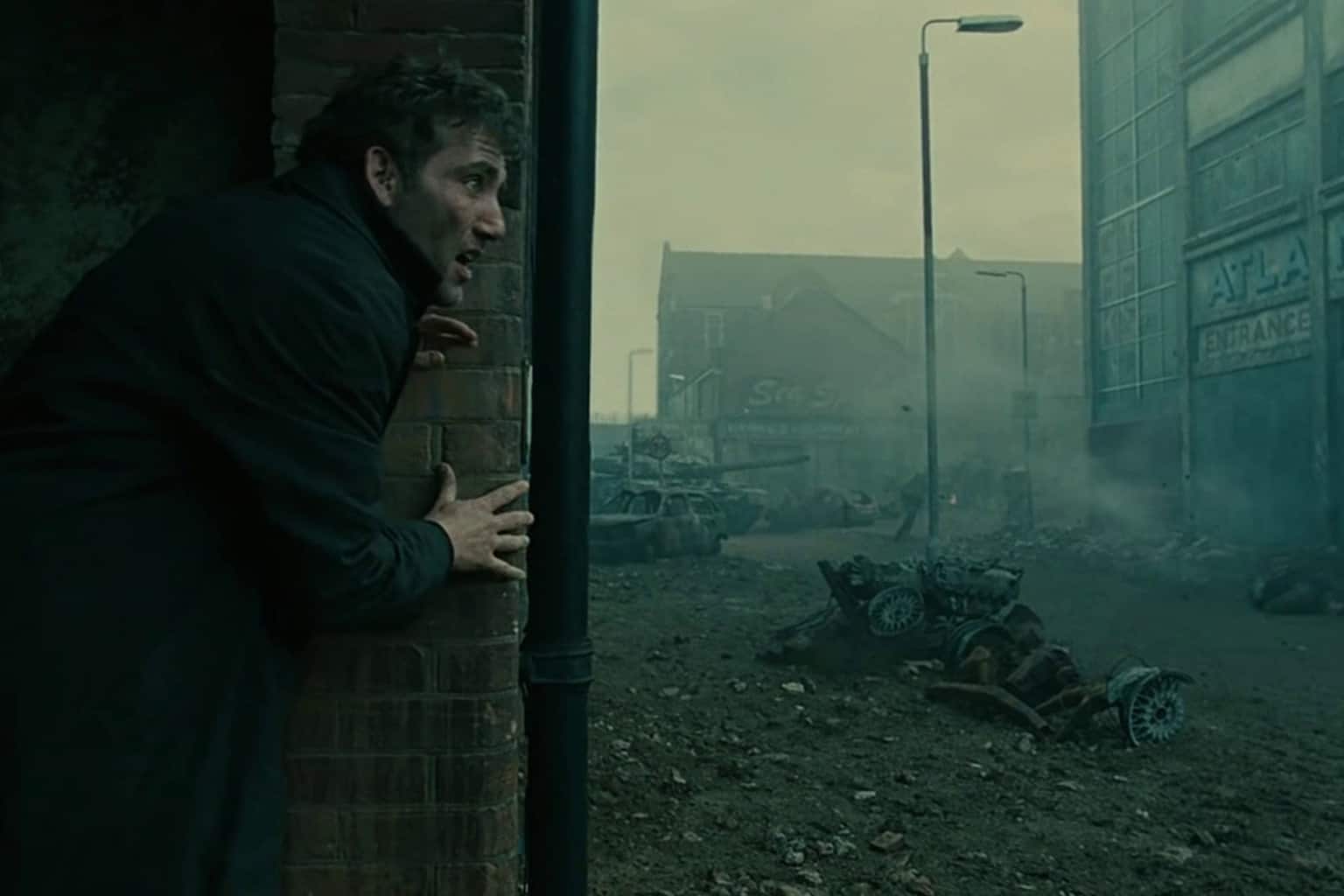
Another key feature of this film, and perhaps the reason a lot of people went to watch it, are the stand out action sequences. Almost the entire film is hand-held camera action, and several key moments in particular are single shot pieces of bravura film-making that create a sense of tension and expectation on the part of the viewer that is utterly compelling. Three moments for me stood out: a car chase with attacking rebels which lasts for near on five minutes, with no cutting; the birth of Kee’s baby, which lasts for just over three and a half minutes (which is actually quite graphic); and an eight minute chase/battle sequence towards the end of the film that is simply staggering in its scale and ferocity. While I am not usually a fan of single take scenes for the sake of single take scenes, in this case, they actually advance the story in a way that suits the film. At no point do you get that feeling of “look at the way we made this film, isn’t it amazing what we can do?” but due to the viewer being emotionally invested in the film by the time these shots kick in, you kind of overlook the technical side of the film and concentrate on the story.
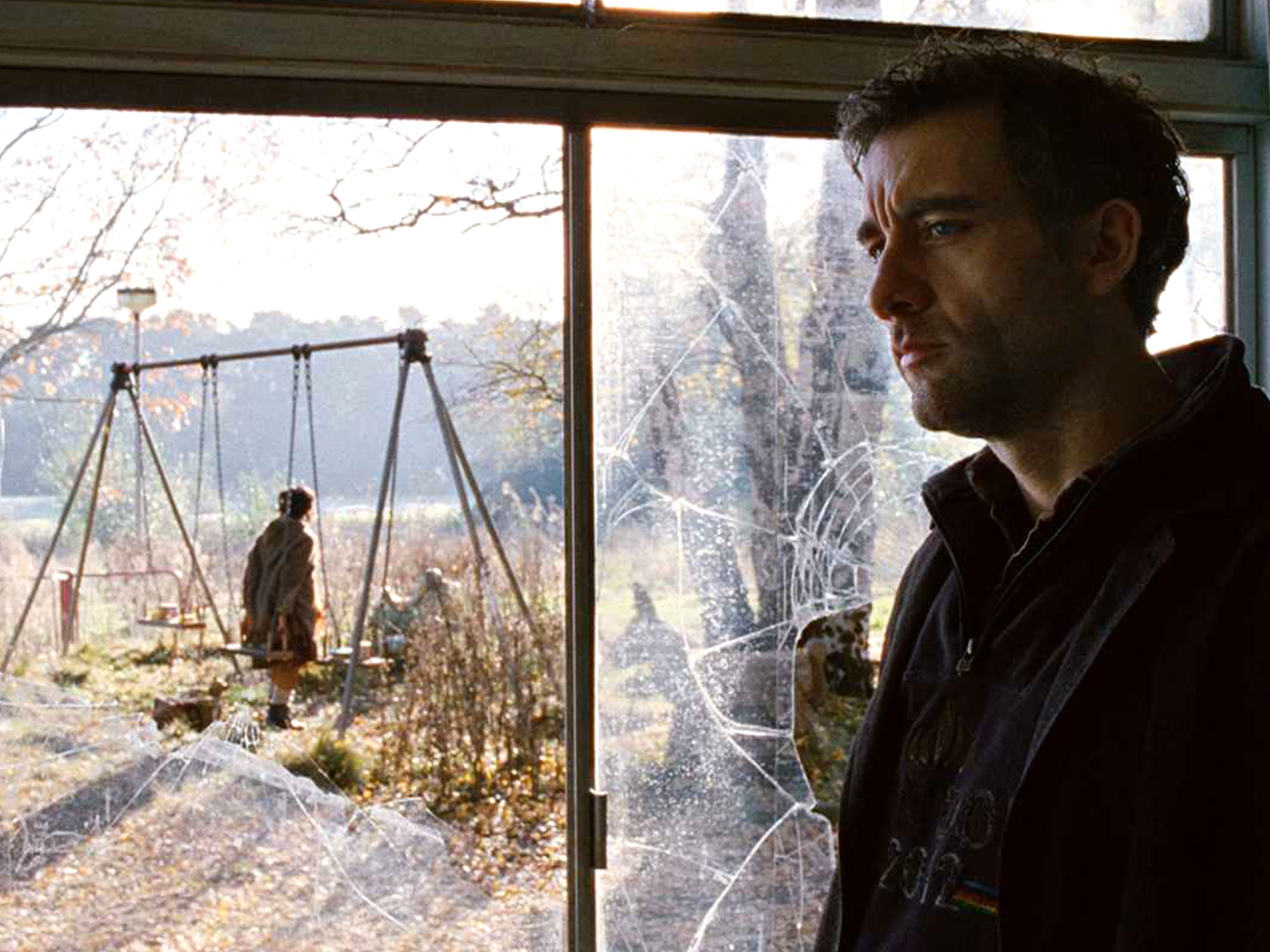
Still, those shots are amazing, on both a storytelling and technical level.
What does Children of Men bring to the viewer that stands out, that makes it unique? Quite simply, it’s a fable of hope and inspiration: even if that element is covered under piles and piles of dreary landscapes and sullen characters. Plus, it’s a story told in a fascinating and fabulous way. Children Of Men never aspires to be greater than it is; it’s a simple story, well told, and utterly compelling.

Hello Rodney,
Enjoyed the review. I’m so glad to read an in-depth review that doesn’t just follow a plot-by-plot analysis, offering insight along with things to make you think – so necessary with a provocative movie like Children of Men.
I know I’ve mentioned it on my site, or perhaps in another post to Fernbyfilms.com, but I find it interesting how this film didn’t resonate with me the first time I watched it. Actually, I quite despised it when I left the theater. I mean I do have issues with the film, but what film is perfect? I always equate such arguments to HD video over film – some things really don't need to be that sharp and clear; film is soft, enveloping, warm and rich. HD video reminds you to wash your face.
I like your idea of ‘emotional clarity’ – though would find that the dystopian world of the future as represented in the film is far from devoid of tension and anxiety – perhaps described as chaotic and imbalanced as you write elsewhere, dehumanized and populated with the feared and the fearful. I think your mention of Soderberg is well placed, especially given I’m a big fan – his remake of Solaris is one of my favorites (despite popular opinion and the mixed reviews of most critics – Mr. Ebert included). Best of all, the explanation/exposition in this film isn’t so heavy handed – like Inception, that is. Read my thoughts ->here
Rory
(reluctantly pressing submit, wondering if he has indeed gone on too long and all this will, poof, into the stratosphere..)
No way is this comment going into the stratosphere, my friend. Lengthy comments are always welcome provided that entertain or inform!
Hmm, needs a summary section 😉
I do really love this movie, it's very well done, and asks some interesting questions about what people would do under such pressures.
Summary & images added! Enjoy!
England would be an appropriate place to film Children of Men seeing as how it is usually overcast…
indeed, humans' need to procreate finds its roots in something beyond an instinct to "keep the species going"
Its roots lie in "it's so wet outside, and I've read all our books. What can we do to pass the time?"
Glad you could drop in, Patrick!